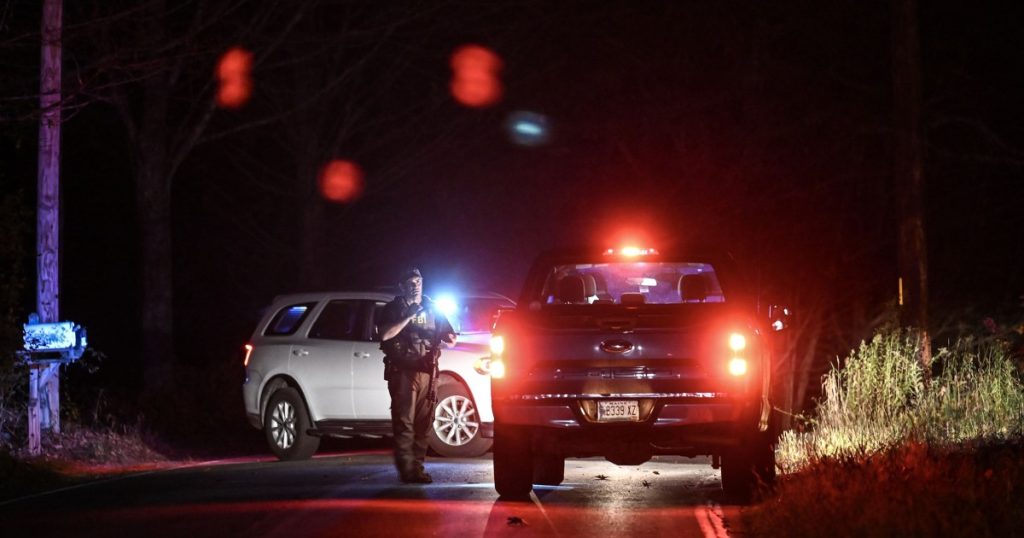Lawyers representing survivors and families of victims from the mass shooting in Lewiston, Maine, are pursuing negligence claims against the federal government in the aftermath of the tragic event. The claimants are serving legal notices of intent to sue the Defense Department, the Army, and Keller Army Community Hospital in West Point, New York, alleging that they failed to respond to warning signs and threats made by the gunman, Robert Card, before he killed 18 people in a bowling alley and a bar. The legal notices involve 100 individual claims, and four law firms are representing the claimants, with a focus on the federal government and actions taken by military members.
Key reports released in recent months have highlighted missteps by the military, law enforcement officers, and hospital staff members that may have contributed to the shooting. A military report revealed that Card’s unit failed to follow procedures after he was hospitalized in a psychiatric unit at a civilian hospital following a shoving incident in 2023. The report showed that Card exhibited symptoms of psychosis and homicidal ideations, leading to restrictions on his access to weapons while on duty. Another independent report found that leaders of Card’s unit did not take necessary steps to reduce the threat he posed, and medical staff at Keller Army Community Hospital failed to file a notice to alert authorities of potential danger.
The family of the gunman had alerted law enforcement about Card’s deteriorating mental health, and there were indications that the Maine “yellow flag” law, allowing authorities to confiscate firearms from individuals believed to be threats, could have been implemented. However, law enforcement agencies did not take action, despite past threats made by Card. Questions have also been raised about the potential impact of Card’s exposure to low-level blasts as a hand grenade instructor on his severe traumatic brain injury, which researchers found evidence of this year. The claimants allege that Card did not receive the necessary services he needed and was released back into the community without a plan to address the risks he presented.
Despite the warning signs and potential factors contributing to the shooting, a definitive motive for the massacre remains unclear. The lack of accountability and justice for the families and victims of the shooting has prompted legal action against the federal government. Survivors and families of victims are pushing for accountability and justice through negligence claims, highlighting failures by the military and other entities that may have prevented the tragic events. The legal notices allow the claimants to proceed with individual lawsuits if the federal government denies the claims or fails to act within six months. The pursuit of legal action is a step toward ensuring that those responsible for the tragedy are held accountable and that justice is served for the victims and their families.


